Legal with Leah: Changes to CAUV woodland values
As Ohio Farm Bureau Policy Counsel Leah Curtis notes in this Legal with Leah, these changes should result in significant tax savings for many Ohio woodland owners.
Read MoreRecent CAUV reforms more accurately value land in conservation, but some landowners need to get with their county auditor to take advantage of the changes. Policy Counsel and Sr. Director of Member Engagement Leah Curtis explains.
Listen to Legal with Leah, a podcast featuring Ohio Farm Bureau’s Policy Counsel Leah Curtis discussing topics impacting landowners.
Joe Cornely [00:00:00] Looking back on 2017, one of our great accomplishments for Farm Bureau members and staff, the reform of CAUV and basically about a 30% reduction for most farm values, farmland values. Leah Curtis was a big part of that effort. Another big part of the CAUV reform had to do with the way conservation land is handled. What’s new in Ohio?
Leah Curtis [00:00:24] So in that change, what we had worked toward was getting that conservation acreage valued at the lowest value in the CAUV land table. And that’s to recognize that that conservation acreage is not making an income, but it also contributes to the environmental health of the land.
Joe Cornely [00:00:41] And so it’s going to be taxed more appropriately and thus will be saving some money for farmers who are willing to put their land into conservation. But, that means there may be some new steps the farmer’s going to have to take to make sure that he receives that proper tax treatment.
Leah Curtis [00:00:59] Yes. So if you are in one of the 41 counties that was reappraised or updated in 2017, you need to stop in and talk with your auditor. And what you’ll need to do is certify the acreage that you have in either a federal conservation program or that you just have an a conservation practice and you’ll need to show them a map that shows where that acreage is. If it’s in a federal conservation program, you’ll also need to provide a copy of your contract so that the auditor can verify that you’re in that program. That will help the auditor with determining what soils need to be lowered to that lower CAUV value for conservation acreage.
Joe Cornely [00:01:35] If I have land and don’t get with my auditor, what might happen?
Leah Curtis [00:01:41] So if you don’t get with your auditor, you’re not going to get that treatment of the lowered value for your conservation acreage. So you do want to go in and talk with them about it and get that started. The practice or the contract need to have been in place by January 1 of 2017 to be able to receive that valuation. But if you just talk with your auditor, you can work through this and get this set up so that you have the right value for the coming years.
Joe Cornely [00:02:05] So this is needs to be done quickly for those that had their reappraisals in 2017. What about future years? What do landowners need to be doing?
Leah Curtis [00:02:16] So if you are in one of the counties that gets reappraised or updated in 2018 or 2019, you’re going to see these changes happen with all the other CAUV reform changes when that reappraisal or update happens. And what you need to know is that when you fill out your renewal form for CAUV, which you need to do each year, there will now be a place to certify your conservation acreage, both federal conservation program acreage and just general conservation practice land. You can put that acreage on your renewal form, include a map that shows where it is and if it’s federal conservation program land, a copy of the contract. That way the auditor will start having a record of that conservation land. And when you get to your reappraisal and update, they can start putting that into place.
Joe Cornely [00:02:55] Now, if I have land that I intend to be in conservation, but something changes… The price corn shoots to $9 and I, I want to plant some extra ground… What’s going to happen?
Leah Curtis [00:03:07] So one portion of the law that is important to note is that if you get this lowered CAUV value of your conservation land, you need to leave it in that conservation program or practice for three years. If you take it out before the three years, what will happen is you’ll pay the difference between that lowest CAUV value and the actual CAUV value. So you will pay back the difference between those two numbers, and then that land will go back to just typical CAUV valuation rather than the lowered conservation value.
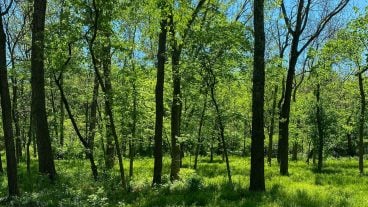
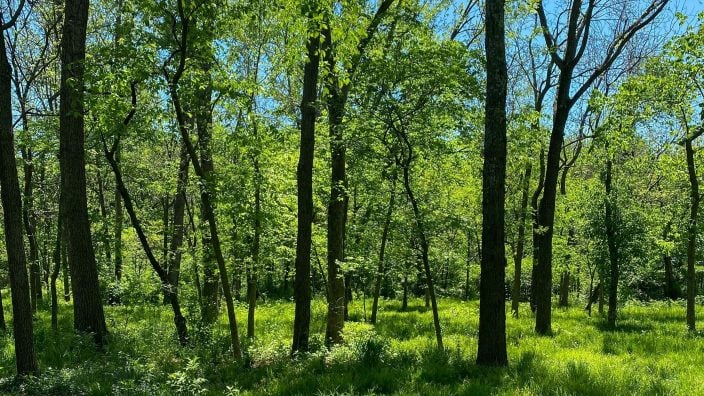
As Ohio Farm Bureau Policy Counsel Leah Curtis notes in this Legal with Leah, these changes should result in significant tax savings for many Ohio woodland owners.
Read More

In the case O’Connor v. Eubanks, the question is, can a state be sued in federal court when it takes a property?
Read More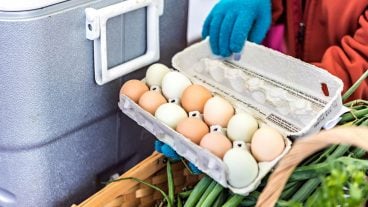
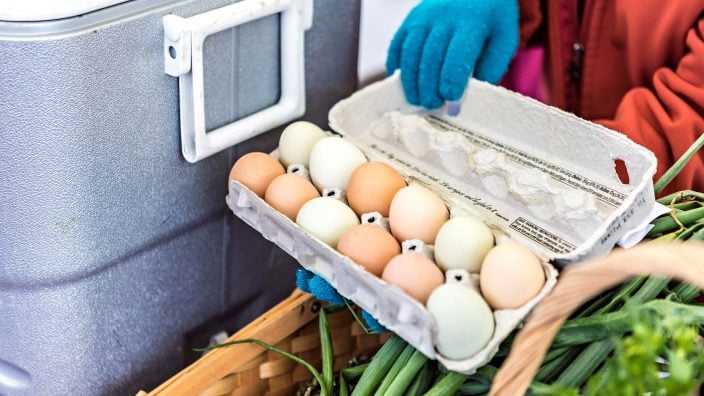
A new low risk license should bring consistency across Ohio in regard to nonmechanical refrigeration.
Read More

The law requires most businesses to report information about their beneficial owners, and the intent is to try to make it harder to illegally hide assets and commit financial crimes.
Read More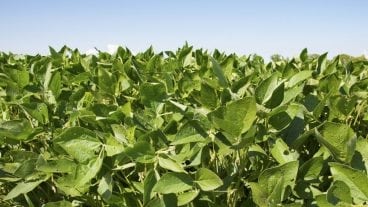
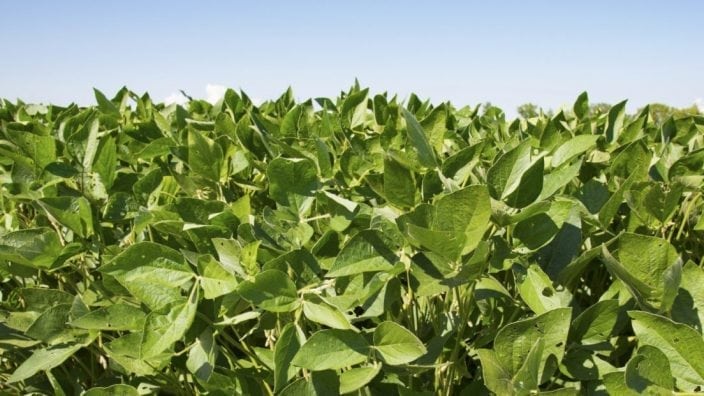
How will this impact Ohio farmers and what can be done to allow for use of the products that have already been purchased?
Read More

What are some of the things landowners need to be aware of, as they might see more people wanting to come out to their property and to rural Ohio for the best seat in the house?
Read More
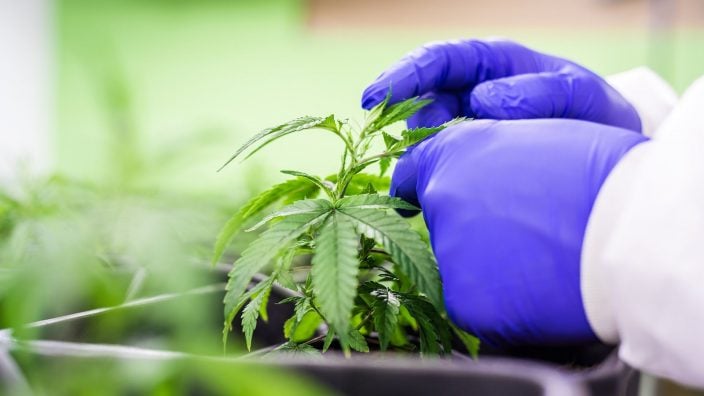
How will passage of Issue 2 impact agribusinesses and farm employers?
Read More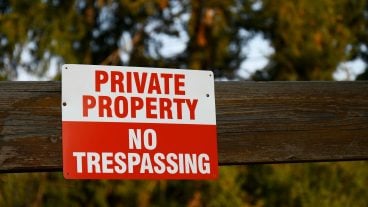
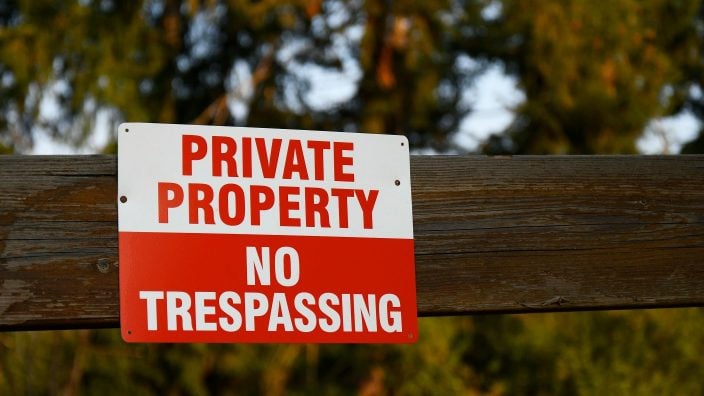
Policy Counsel Leah Curtis discusses Ohio trespassing laws and the liability that can fall on landowners when people enter their property.
Read More

When property owners may have issues with trees or encroachment on their property, they often turn to Ohio Farm Bureau for information.
Read More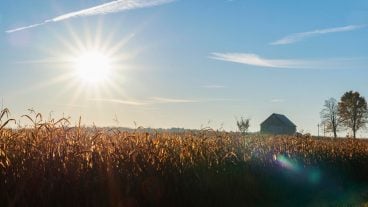
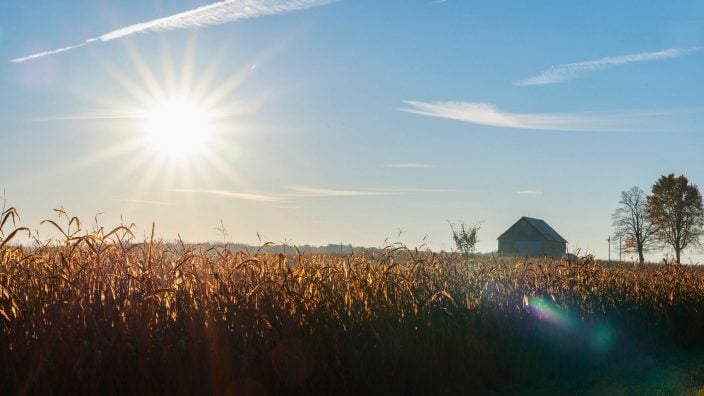
Even though there can be zoning in rural areas of Ohio, there are limitations in the law when it comes to agriculture.
Read More